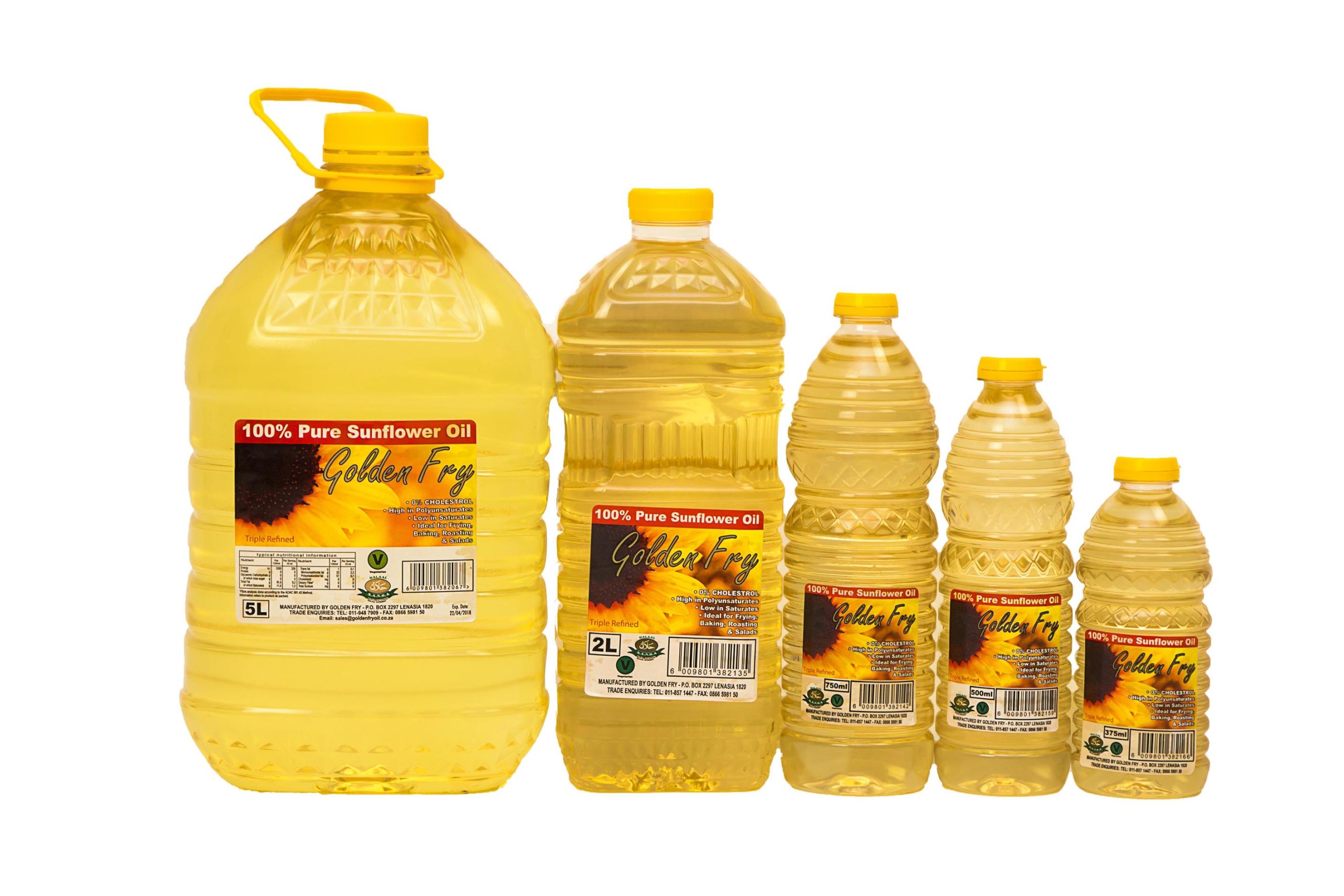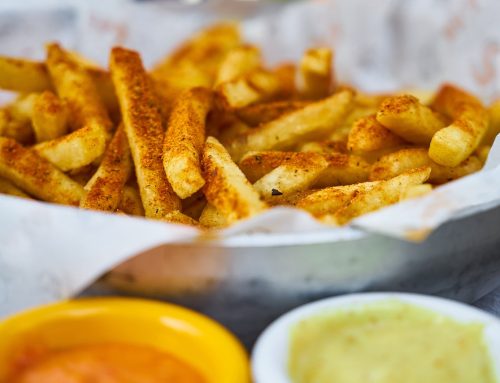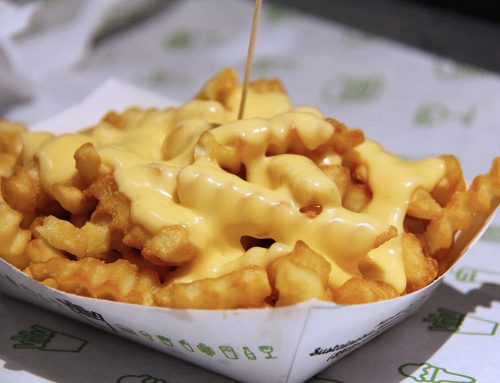Properly storing cooking oil in your restaurant is crucial for maintaining its quality and ensuring that it remains safe for consumption. Improper storage of oil can lead to oxidation, rancidity, and contamination, which can affect the taste and safety of your dishes. In this article, we will discuss the best practices for storing cooking oil in your restaurant to help you maintain its quality and freshness.
One of the most important factors to consider when storing cooking oil is temperature. Oil should be stored in a cool, dark place away from direct sunlight and heat sources. High temperatures can cause the oil to break down and become rancid, so it’s crucial to store it in a cool environment to maintain its freshness.
It’s also important to store cooking oil in a tightly sealed container to prevent oxidation and contamination. Exposure to air can cause the oil to oxidize, leading to off flavors and odors. Make sure that the container is sealed properly after each use to ensure that the oil remains fresh and safe for consumption.
Another important consideration when storing cooking oil is cleanliness. Make sure that the container you use to store the oil is clean and free of any debris or contaminants. Regularly clean and sanitize the container to prevent the growth of bacteria or mold, which can affect the safety of your oil.
Lastly, it’s important to keep track of the expiration date of any ingredients and cooking oil is no different. You need to be aware of when it expires and make sure it is used before this crucial date. There is a reason why there is an expiry and it’s important to take note of this.







